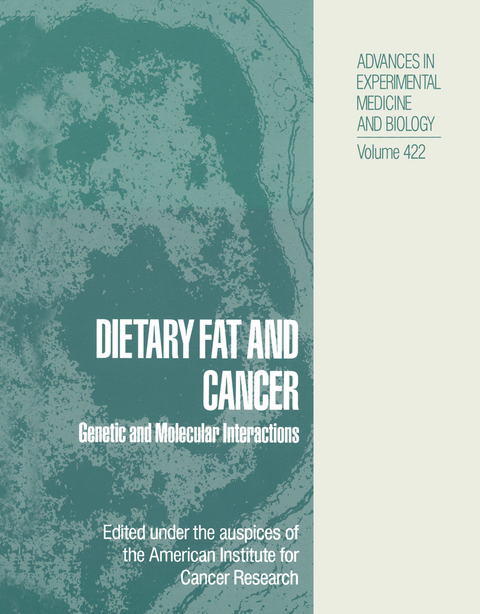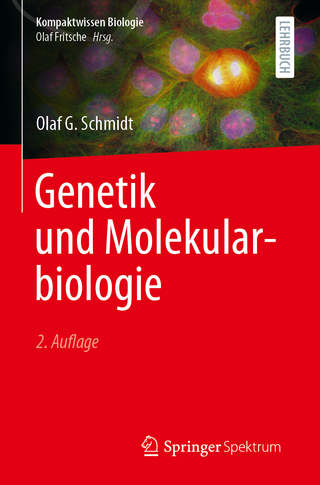
Dietary Fat and Cancer
Springer-Verlag New York Inc.
978-1-4419-3282-2 (ISBN)
1 Fat and Cancer: The Epidemiologic Evidence in Perspective.- 2 Dietary Lipids and the Cancer Cascade.- 3 Molecular Studies on the Role of Dietary Fat and Cholesterol in Breast Cancer Induction.- 4 Fatty Acid Regulation of Breast Cancer Cell Growth and Invasion.- 5 Fatty Acids and Breast Cancer Cell Proliferation.- 6 Lipoxygenase Metabolites and Cancer Metastasis.- 7 Modulation of Intracellular Second Messengers by Dietary Fat during Colonic Tumor Development.- 8 Diet, Apoptosis, and Carcinogenesis.- 9 The Role of Peroxisome Proliferator Activated Receptor ? in Peroxisome Proliferation, Physiological Homeostasis, and Chemical Carcinogenesis.- 10 A Hypothetical Mechanism for Fat-Induced Rodent Hepatocarcinogenesis.- 11 Short Chain Fatty Acid Regulation of Intestinal Gene Expression.- 12 Regulation of Gene Expression in Adipose Cells by Polyunsaturated Fatty Acids.- 13 Regulation of Peroxisomal Fatty Acyl-CoA Oxidase in the Yeast Saccharomyces cerevisiae.- 14 Dietary Fat, Genes, and Human Health.- 15 Session V: Future Directions and Implications of Research on Dietary Fat and Genetics.- Abstracts.
| Erscheint lt. Verlag | 6.12.2010 |
|---|---|
| Reihe/Serie | Advances in Experimental Medicine and Biology ; 422 |
| Zusatzinfo | XVI, 252 p. |
| Verlagsort | New York, NY |
| Sprache | englisch |
| Maße | 216 x 279 mm |
| Themenwelt | Medizin / Pharmazie ► Gesundheitsfachberufe ► Diätassistenz / Ernährungsberatung |
| Studium ► 2. Studienabschnitt (Klinik) ► Humangenetik | |
| Studium ► 2. Studienabschnitt (Klinik) ► Pathologie | |
| Naturwissenschaften ► Biologie ► Biochemie | |
| Naturwissenschaften ► Biologie ► Zoologie | |
| Naturwissenschaften ► Physik / Astronomie ► Angewandte Physik | |
| Technik | |
| Weitere Fachgebiete ► Land- / Forstwirtschaft / Fischerei | |
| ISBN-10 | 1-4419-3282-8 / 1441932828 |
| ISBN-13 | 978-1-4419-3282-2 / 9781441932822 |
| Zustand | Neuware |
| Haben Sie eine Frage zum Produkt? |
aus dem Bereich


